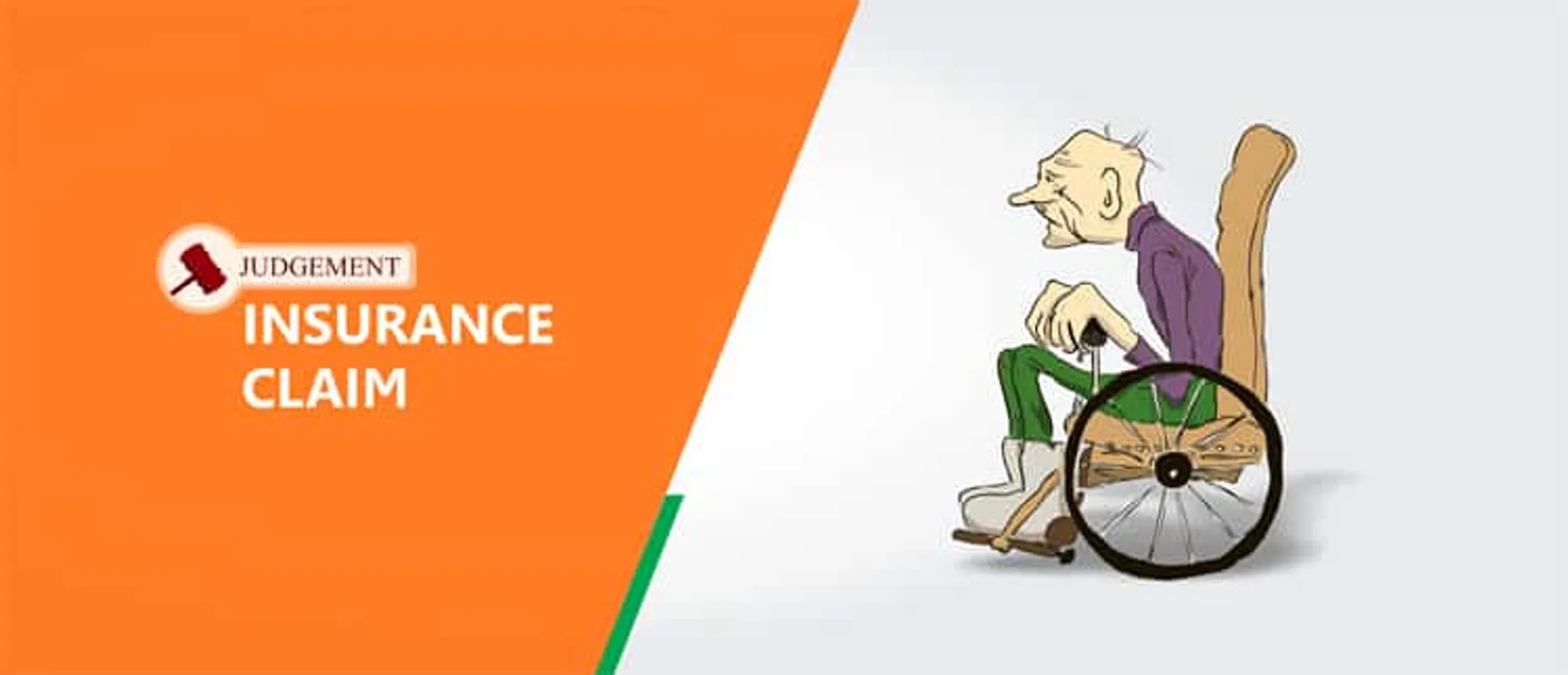In 2016 Justice K. Kannan of Punjab and Haryana High Court, while giving an oral judgment on insurance claim quoted a US Supreme Court verdict on Euthanasia.
‘Euthanasia’ or “mercy-killing” as it is known in common language, is the painless killing when somebody is suffering from an incurable and painful disease or maybe even coma.
In the example quoted above, The US Supreme Court had said in Cruzan Versus Director 3 of 4 Missouri Department of Health-(1990) 110 S.Ct 2841 (Scalia. J.), while asserting a case of patient autonomy:
“The point at which life becomes ‘worthless’ and the point at which the means necessary to preserve it to become “extraordinary” or “inappropriate”, are neither set forth in the Constitution nor known to the nine Justices of this court and better than they are known to nine people picked at random from the Kansas City telephone directory.”
At a metaphysical level, the questions could be: Is death inherently evil? Are we all not destined to die? Is it not more important how we live than how long we live? (Charles I Lugosi, Visiting Professor, Yale Law School).
Justice Kannan categorically differentiates between a patient being allowed to die with removing his life support and the patient expressing his desire not to be treated.

In the above-mentioned case, the facts are as follows:
- The insured person had TB and met with an accident.
- However, after being readmitted due to deteriorating decreasing health issue (arguably due to the accident) he again discharged himself on 07.05.2013.
- Later, he succumbed to his injuries.
- The Insurance Company had challenged the award on the ground that there was no proof that the death was on account of the accident
- The court said that a right not to get treated is just as well a significant right to a patient as a right to be treated.
- In this case, he succumbed to internal bleeding due to head injuries.
- Although the Insurance Company vigorously fought the case but the court still awarded compensation against the plea of the Insurance Company.
The court in this case differentiates the between two things-
- Removing life support as done for passive euthanasia
- Not taking treatment.

